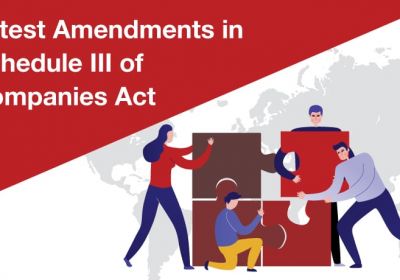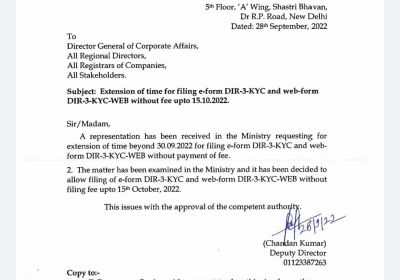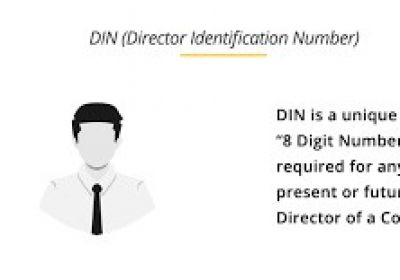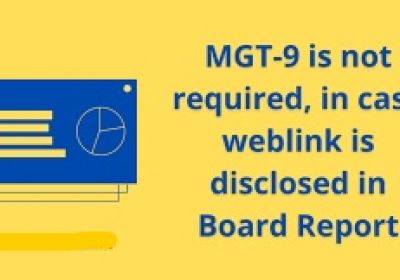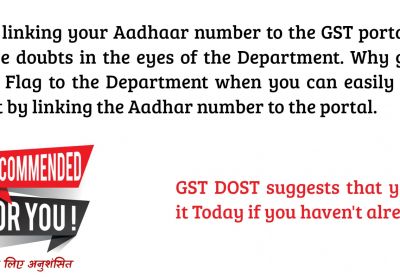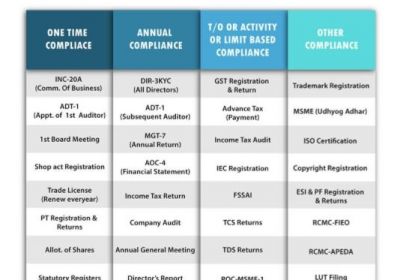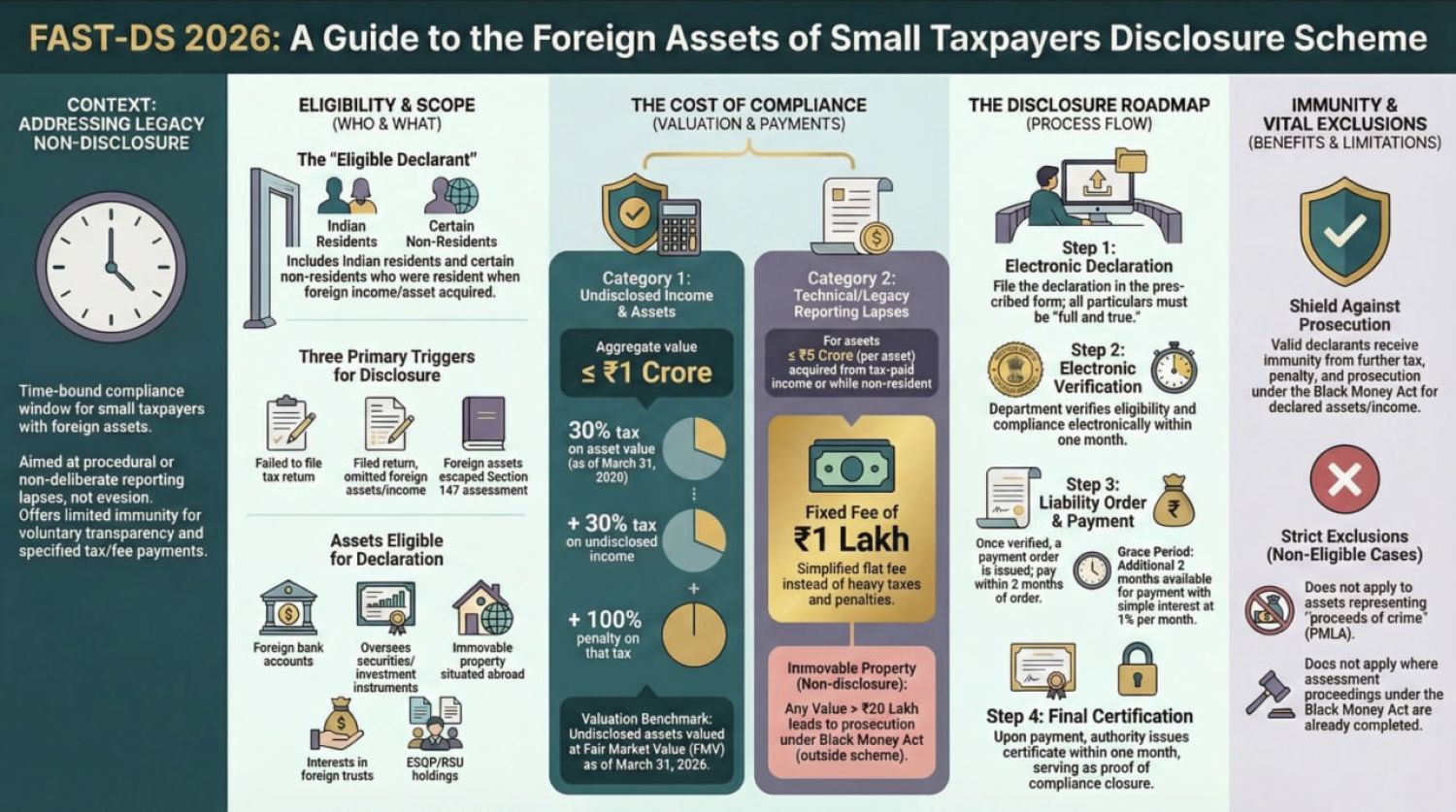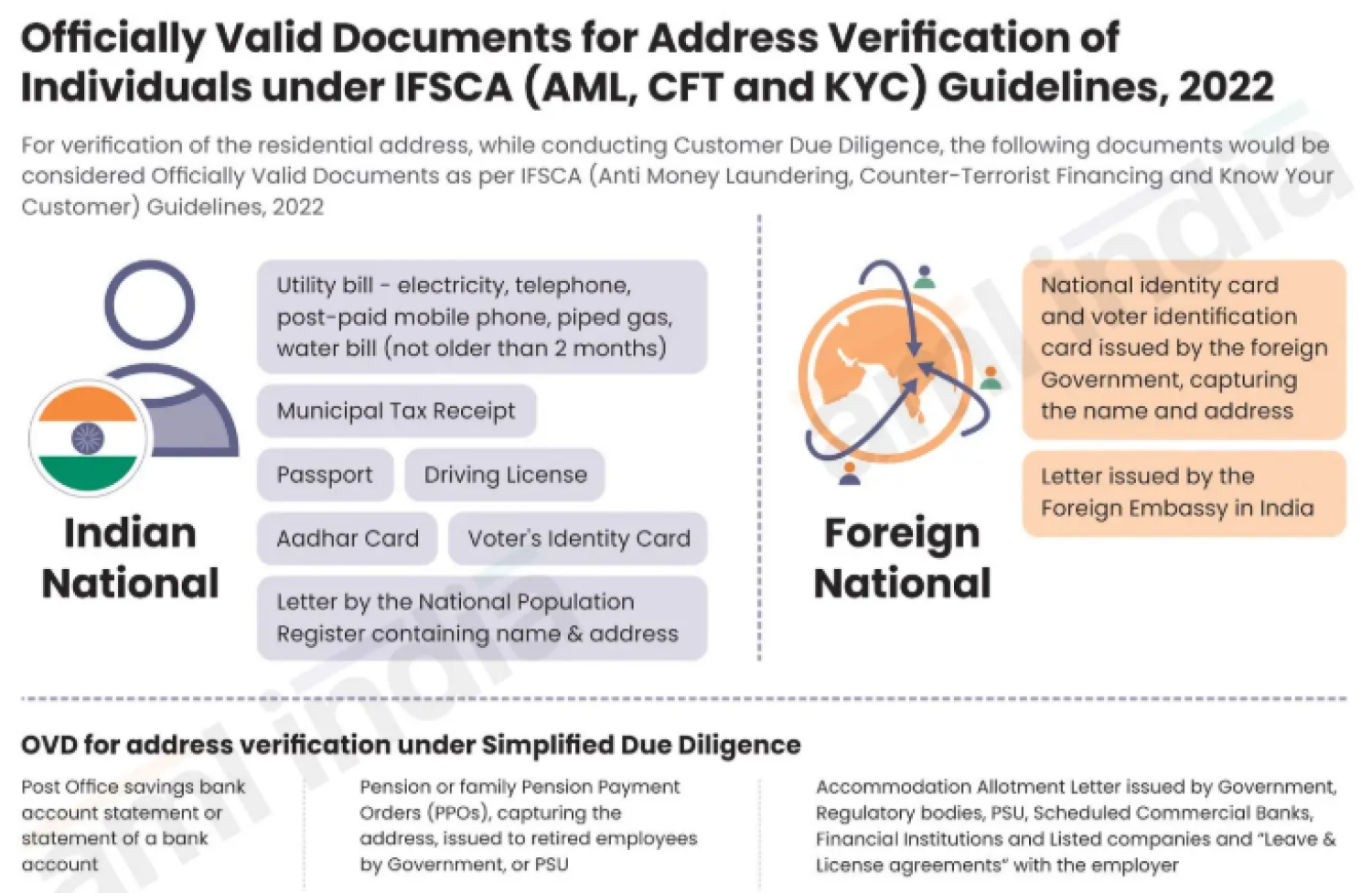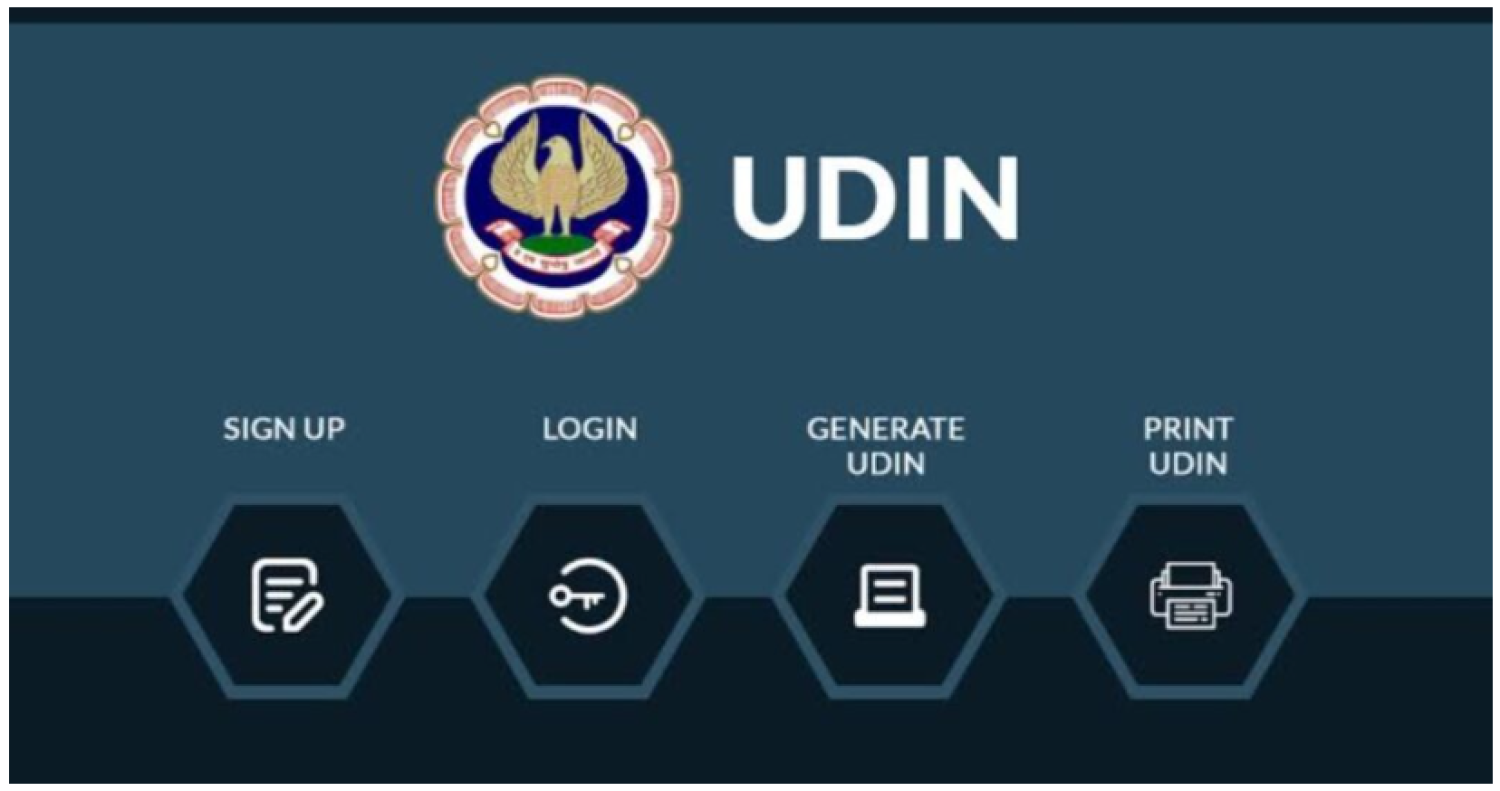Table of Contents
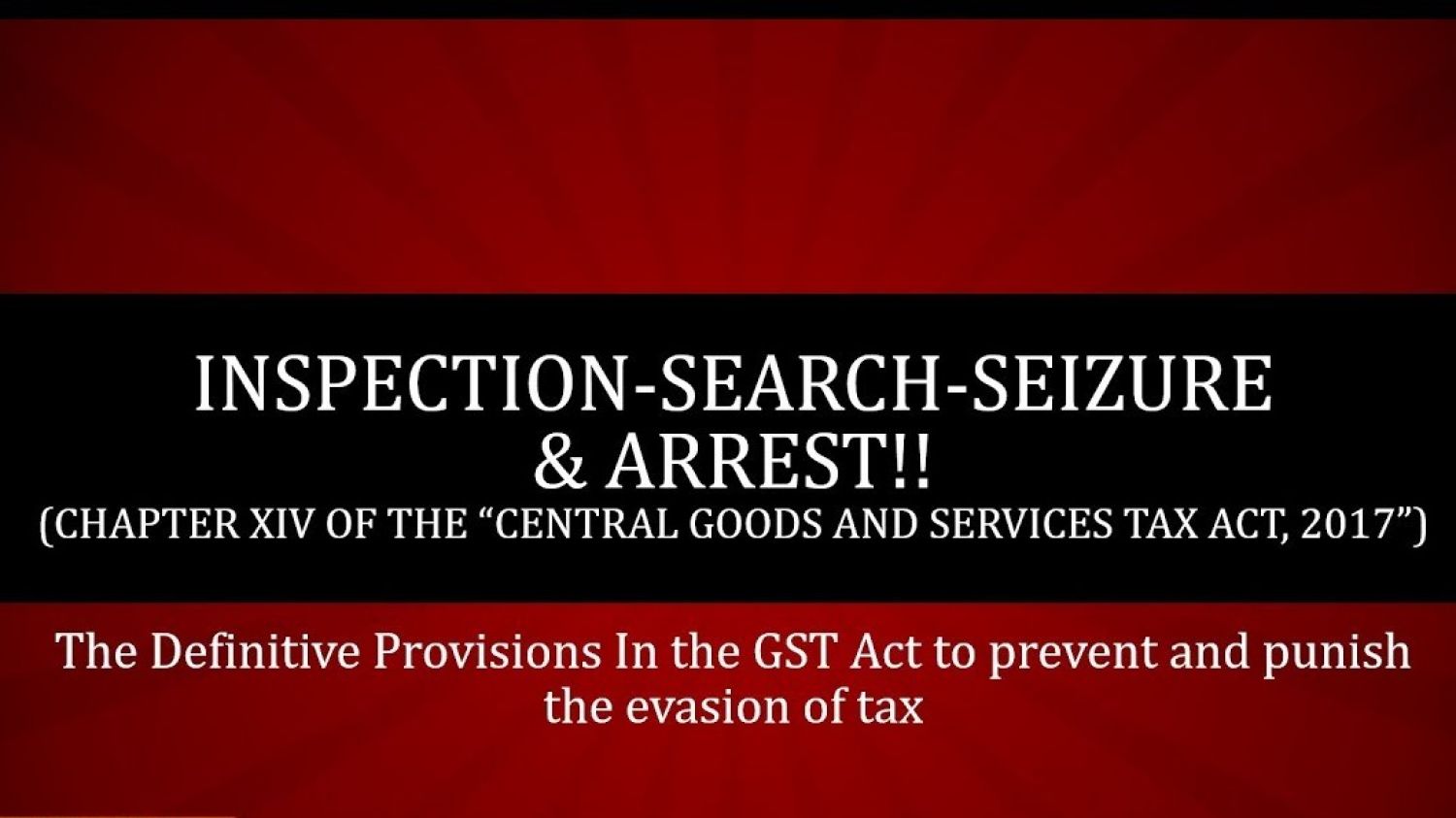
FAQS ON INSPECTION, SEARCH AND SEIZURE UNDER GST
Q.: What does search mean under GST?
Under the law, search has been defined as an action undertaken by government machinery involving visiting, inspection and examination of the place, area, person, object etc., where there is an instinct to find something concealed or where such search is required for discovering evidence of a crime.
Q.: What does inspection mean?
Inspection has been newly inserted under the CGST/SGST Act. It is a softer provision as compared to search which enables the officers to access any place of business of a person or any place of business of a person engaged in transporting goods, who is believed to have done something wrong.
Q.: Who can make an order of inspection under GST and under what circumstances the said order is made?
As per Section 67 of CGST/SGST Act, Inspection can be ordered only by an officer who is of the rank of Joint Commissioner or above, and the said inspection be carried out only by an officer of CGST/SGST. The Joint Commissioner or any officer of higher rank can make the order for inspection under the following situations -
- Where they believe that a person has suppressed the income in any supply.
- The person is suppressing the stock of goods, for evading tax.
- The person is believed to have claimed the excess input tax credit.
- The person has contravened any provision of the CGST/SGST Act and thereby evaded tax liability.
- Any transporter or warehouse owner is in receipt of goods, on which such person has escaped payment of tax.
Q.: Who can make an order for Search and Seizure under CGST Act?
The order for search and seizure can be made only by an officer of the rank of Joint Commissioner or above. And the authorization or the order be made only by the Joint Commissioner, where he has the reasons to believe that any goods liable to confiscation or any documents or books or things relevant for any proceedings, are in receipt of any person, or is hidden by them at someplace.
Q.: What do reasons to believe means?
Reason to believe basically means that the officer is having the knowledge of facts which, although does not comes into direct knowledge, would cause a certain person, knowing the same facts, to provide for the information. Under Section 26 of the IPC, 1860, A person is said to have ‘reason to believe a thing, only where there is a sufficient cause to believe that thing. Thus, it is basically a mindset or basis made out of relevant information either collected on its own or received from any outsider.
Q.: Does the proper officer required to provide a written statement, providing the reason to believe, for any search, seizure or inspection?
It is to be noted that there is no such provision regarding the officer to state the reasons to believe, however, they are required to disclose the material information, on which such action is demanded.
Q.: What does a search warrant mean and what are its contents?
A search warrant is a written statement authorizing the officer to conduct a search of a definite premise. It is issued by the competent authority, that is an officer of the rank of Joint Commissioner or above. The search warrant issued shall contain the following information -
- The act or provisions are violated by the person.
- The definite premise is to be searched.
- The name and designation of the officer undertaking the search.
- The full name of the officer issuing the warrant, along with the designation and his round seal.
- Date and place where the warrant was issued and stamped
- A serial number of the search warrant, as per the records maintained by the issuing authority.
- The period within which the warrant would be valid.
Q.: Under what circumstances the goods can be confiscated under transit?
Under section 130 of CGST/SGST Act, goods become liable to confiscation where the said person undertake any of the following default –
- Failing in accounting for the goods on which the tax is to be paid.
- Supplying or receiving goods in contravention with any provisions or rules.
- Supply is undertaken with the intention to evade tax.
- Supplying any goods liable to tax without registering them.
- Transportation of taxable goods by a conveyance that is in breach of any provisions or rules.
Q.: What powers can be exercised by an officer during the search?
An officer in search is provided with stricter powers as compared to inspection. During the search, the officer can break open the door of the premises authorized to be searched, where access is denied. Also, while carrying out a search within the premises, they can creak open any almirah or box where access to such almirah or box is denied and it is believed that the goods, account, registers or documents are in that particular almirah or box.
Q.: What is the observation required to conduct a search operation?
The following observations are followed during the search -
- Search be carried out only against a valid search warrant, issued by the competent authority.
- A lady officer shall accompany the search team.
- The officers are required to disclose their identity to the person in charge of the premises, before starting the search.
- The search warrant is executed before the start of the search and the same be presented to the person in charge and such person shall also sign the warrant. The signatures be witnessed by at least two witnesses.
- The search is made in the presence of at least two independent witnesses of a nearby location. And where no such witnesses could be found, the inhabitants of any other locality be asked to be witnesses to the search.
- A Panchnama of the proceedings of the search be prepared on the spot, listing out the goods, documents recovered and seized/detained and the same be annexed to the Panchnama. Such Panchnama is signed by the witnesses, the in - charge of the premises and by the officer(s) who conducted the search.
- Once the search is over, the search warrant should be returned in original to the issuing officer with a report about the outcome of the search.
- The issuing authority is required to maintain a register of records of a search warrant issued and returned.
- A copy of the Panchnama along with its annexure should be given to the person in charge of the premises as an acknowledgement.
Q.: Can the business premises be accessed by the CGST/SGST officer under any other circumstances?
The business premises can also be accessed by the officer under Section 65 of the CGST/SGST Act. Under this, an audit party of CGST/SGST or C&AG or a cost accountant or chartered accountant is allowed to access to any business premises without the issuance of a search warrant, where the purposes involve the audit, scrutiny, verification and checks, to safeguard the interest of revenue. However, in such a search, a written authorization is to be issued by an officer of the rank of Commissioner of CGST or SGST.
Q.: What does seizure mean?
Seizure is defined as the act of undertaking the possession of any document or property by an officer in a lawful manner. Basically, it implies taking possession forcibly contrary to the wishes of the owner of the property.
Q.: What safeguards have been provided in respect of search and seizure under the GST Act?
Some safeguards have been provided under section 67 of the CGST/SGST Act. These are as follows -
- Seized goods or documents are required to be returned after the period necessary for the examination.
- The person shall be allowed to take the photocopies of the documents.
- In case of seizure, notice is issued within six months of its seizure, otherwise, the goods shall be returned to the person from whom it was seized.
- The officer seizing the goods to make an inventory of seized goods.
- Certain goods, as specified under CGST Rules (such as perishable, hazardous etc.) shall be disposed of after seizure.
- The provisions of the Code of Criminal Procedure 1973 applicable on search and seizure shall apply under GST as well.
Q.: What does arrest mean under GST?
Arrest means taking the custody of a person under the order of any lawful authority. In short, a person is said to be arrested where he is restrained from his personal liberty, and the said arrest is made by means of power or lawful warrant.
Q.: When an order of arrest is ordered under the GST Act?
The Commissioner of CGST/SGST shall make an order and authorize a CGST/SGST officer to arrest a person, where he has reasons to believe that such a person has committed an offence liable to imprisonment under section 132(1) (a), 132(1) (b), 132(1) (c), 132(1) (d) or Sec 132(2) of the CGST/SGST Act.
Q.: What safeguards are provided to a person against whom arrest has been ordered?
Some safeguards have been provided under section 69 for a person under arrest. These are -
- Where an order for arrest is made under a cognizable offence, the person concerned be informed in writing, about the grounds of arrest and shall be produced before a magistrate within 24 hours of his arrest.
- Where the arrest is under a non-cognizable and bailable offence, the Deputy/ Assistant Commissioner of CGST/SGST can grant bail to such person and the person will be required to comply with the provisions applied by an officer in charge of a police station under section 436 of the Code of Criminal Procedure, 1973.
Q.: What precautions be taken care of by the officer while undertaking the arrest?
Is provided that all field officers of CGST/SGST must be fully familiar with the provisions of the Code of Criminal Procedure, 1973. As per section 57 of Cr.P.C., 1973, any person arrested without a warrant, shall not be held in custody for a longer period, which is generally 24 hours. During these 24 hours, the officer making the arrest is required to present the arrested person before a Magistrate having jurisdiction in the case.
Q.: What is the basis of making an order of arrest?
The order for making an arrest shall be made after considering various factors, like - nature and gravity of the offence, the quantum of tax evaded or wrong credit availed, the credibility of the evidence. Thus, the following parameters are considered -
- Make sure that proper investigation of the offence, has been made by the officer.
- Preventing any person from absconding, or running away from the authority.
- Order in cases that involves organized smuggling of goods or evasion of customs duty.
- Persons are termed master minds or key operators of defaults.
- Imports/exports in the name of dummy or non-existent persons/IECs, etc.
- The intention of a person is to evade duty, and the same is evident due to the presence of elements of menswear.
- There is a need to prevent the possibility of tampering with evidence.
- There is a case related to influencing the key witnesses in a proceeding.
Q.: What does a cognizable offence mean?
Under the Cr. PC, cognizable offence is a serious category of offence where a police officer has the authority to arrest a person, without having any warrant and can also start an investigation either with or without obtaining the permission of the court.
Q.: What does a non-cognizable offence mean?
The non-cognizable offence is a comparatively less serious offence and the police officer is not having any authority to make an arrest without a warrant and an investigation cannot be initiated without a court order, except as provided under any special legislation.
Q.: When does a summon is issued by the proper officer under CGST Act?
As per Section 70 of the CGST/SGST Act, any officer of CGST/SGST has the full power, to call upon a person by issuing a summon and present himself before the officer to provide any evidence or a document or any other thing as required under any proceeding. Summons are issued to facilitate the person to produce documents or other things for evidence in the proceeding.
Q.: What responsibilities are vested with a person receiving anu summon?
A person to whom a summon is issued is legally bound to appear either in person or by an authorized representative who would be bound to state the truth before the officer, regarding any subject which is the subject matter of examination or to produce such documents and other things as may be required.
Q.: What are the consequences of non-appearance by the person summoned?
Where a person does not appear before the officer, on the date when summoned is issued, and is also not having any reasonable justification for the same, shall be liable to prosecution under section 174 of the Indian Penal Code. In case, the said person absconds to avoid service of summons, the same be prosecuted under section 172 of the IPC and in case he does not produce the documents or electronic records as required by the officer, the same be prosecuted under section 175 of the IPC. Apart from prosecution, the said person shall be liable to a penalty up to Rs 25,000/- under section 122(3)(d) of the CGST/SGST Act.
Q.: What are the provisions related to summoning issued under GST Act?
CBIC has issued guidelines certain guidelines regarding the provisions related to summons issued. Some of these guidelines are as follows –
- Issuance of summons shall be the last resort in case the assessee does not co-operating.
- The language to be used in the summoning shall be sophisticated and legal so that it does not cause unnecessary mental stress and embarrassment to the person concerned.
- The summons shall be issued by the superintendent only after obtaining prior written permission from an officer of the rank of Assistant Commissioner and the said permission shall state the reasons for issuance of summons.
- Where anu summons is issued, the officer issuing summons should submit a report on the proceedings in a case file and submit the same to the authorized officer.
Q.: What precautions be undertaken by the officer while summoning a person?
The following precautions are observed while summoning a person –
- The summon shall not be issued in respect of representation, were not justified. The summon can be issued, only where some inquiry is required and the attendance of the person is necessary.
- Generally, the summons should not be issued repeatedly and the statement of the accused or witness should be recorded in the least possible appearances.
- No person should be made to wait for long hours before their statement is recorded as the officer should respect the value of other’s time as well.
- All the statements should be recorded during office hours.
Q.: Who can assist the CGST/SGST officer, while undertaking the search, seizure and arrest under the GST Act?
As per section 72 of the CGST/SGST Act, the following officers can assist CGST/SGST officers in the execution of activities prescribed under the CGST/SGST Act. These are –
- Police officers.
- Railway officers.
- Officers of Customs.
- Officers of any State/UT/ Central Government
working in the collection of GSTS. - Any officers of State/UT/ Central Government, engaged in work of collection of land revenue.
- Any village officers.
- Any other class of officers as notified by the Central/State Government.


